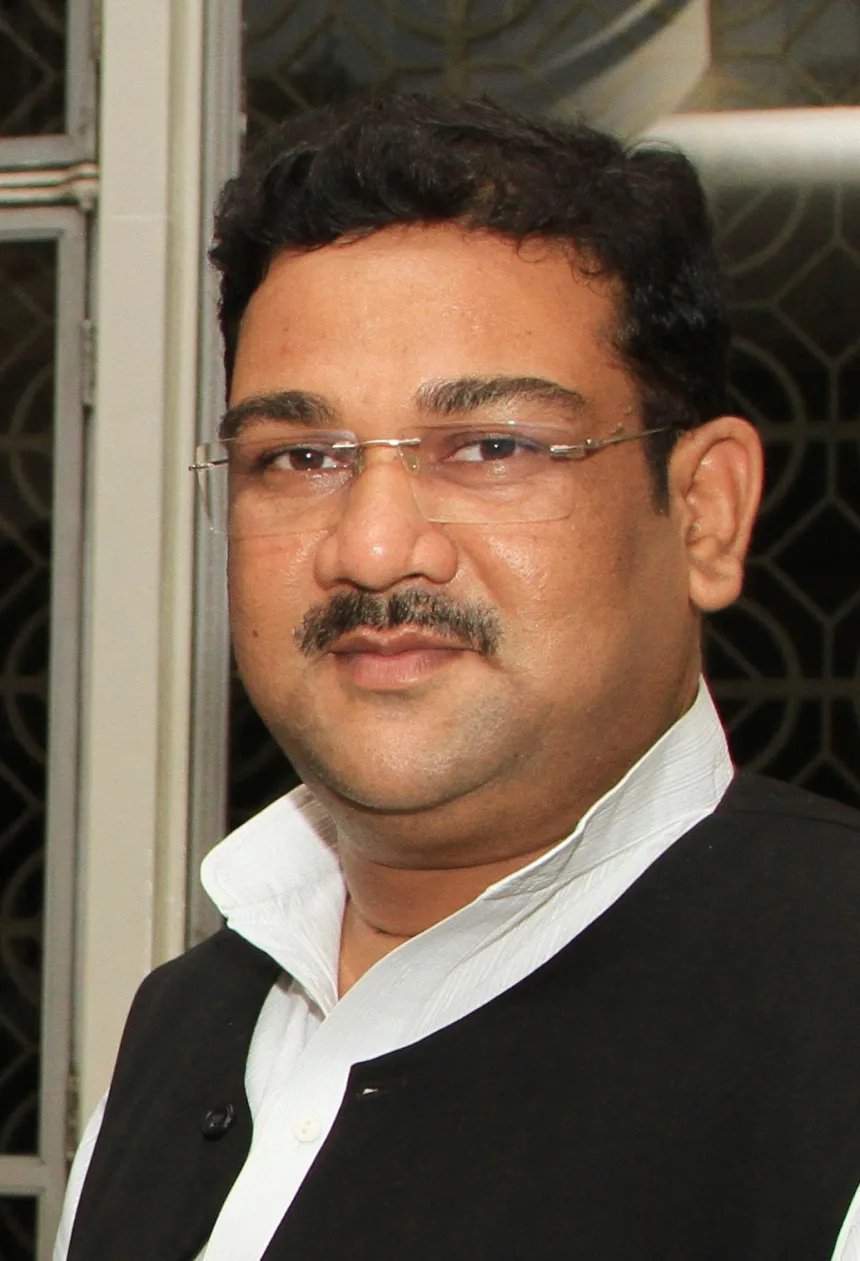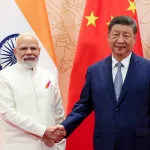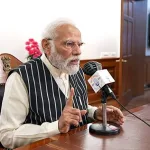When Dr Mohanji Bhagwat, the Sarsanghchalak of the Rashtriya Swayamsevak Sangh (RSS), spoke at the Sangh’s centenary ceremony in Vigyan Bhawan, Delhi, he gave a message that deserves careful thought. He said Muslims should not live with the fear that if they join hands with others, their religion will disappear. At the same time, he said Hindus must awaken their own strength and learn to build trust. This is an important point because it shows that the Sangh does not speak about division, but about unity. According to him, our ancestors, our culture, and our motherland are the same. Worship may differ, but the identity of being Bharatiya is common.
This vision is very different from the way the Sangh is often described by its critics. Bhagwat made it clear that even if someone follows Islam or Christianity, they do not become Arab or European. Their roots remain in Bharat. This means that no matter what religion we follow, we share the same soil, the same history, and the same culture. If this truth is accepted, much of the misunderstanding between communities will go away.
He also gave a powerful example when he said that places should not be named after invaders who hurt the nation, but that does not mean Muslims cannot be honoured. On the contrary, he pointed out that names of patriotic Muslims like Abdul Hamid, Ashfaqullah Khan, and Dr APJ Abdul Kalam should inspire us. These men lived and died for Bharat, and their memory strengthens the feeling of oneness. This shows that the RSS does not reject Muslims; it rejects only the glorification of those who came to divide and exploit.
On the idea of Akhand Bharat, Bhagwat explained that this is not about maps or boundaries but about consciousness. It is about the unity of hearts and minds. The Sangh had opposed partition, and today we see the negative results of that division in our neighbouring countries. They are unstable, divided, and often in turmoil. Akhand Bharat, he said, is a fact of life. It will come about when the people of this land recognise their shared identity. When that happens, peace and prosperity will follow naturally.
Critics often say that the Sangh is violent, but Bhagwat dismissed this charge with confidence. If RSS were violent, how could it have grown to 75,000 places across the country? Instead, Swayamsevaks are known for their silent service in times of crisis—be it natural disasters, health emergencies, or social work. This record of service, done without discrimination, tells the real story of the Sangh.
Bhagwat’s words on reservation were also full of sensitivity. He said reservation is not a matter of argument but of justice. If communities have suffered injustice, it must be corrected. The Sangh supports constitutionally valid reservation and will continue to do so as long as the beneficiaries feel the need. This shows that the RSS does not see reservation as a political bargain but as a moral duty to ensure equality.
He also explained that untouchability and caste-based discrimination have no place in Hindu Dharma. These are distortions, not teachings. Hindus, he said, never lived by one single scripture, but by what the people accepted as right. Today, people reject caste discrimination, and so does the Sangh. It is actively working to bring leaders of all communities together to build unity and equality.
His advice to the youth was both practical and inspiring. He told them to stop thinking only of jobs and to become job creators. The government can provide at most 30 percent of jobs; the rest must come from society’s own efforts. The idea of “dignity of labour” is important here. No work is lowly if it helps build a strong family and a strong nation. If the youth adopt this spirit, Bharat can provide skilled workers to the world.
On the issue of population, Bhagwat gave a balanced view. He said every family should have three children, so that the population remains controlled but also sufficient. He warned against infiltration and forced conversions, saying they can disturb social harmony and even threaten the unity of the country. He was clear that service with foreign money is fine, but if that money is misused for conversions, it must be stopped.
On education, he said technology and modernity are not enemies, but values must remain at the centre. Education should make people truly human. Whether in schools, missionary institutions, or madrasas, students must be taught good values and Bharat’s rich literary tradition. These values, he said, are not about religion but about humanity and culture.
Language, too, was an important point. Bhagwat said all Bharatiya languages are national, but for communication, one common language is needed. It should be a Bharatiya language, not a foreign one. Everyone must know their mother tongue and the regional language, but also adopt one common language for unity. Learning foreign languages is useful, but national pride must come first.
At the end, Bhagwat summed up the Sangh’s philosophy in three points: building individual character brings social change, organising society leads to transformation, and Bharat is a Hindu Rashtra. These, he said, are eternal truths. Everything else in the Sangh can change with time, but not these. He added that Bharat being a Hindu nation does not require a declaration; it is already a truth of life. Accepting this truth helps us; denying it only weakens us.
Dr Bhagwat’s speech is an invitation to all Bharatiyas—Hindus, Muslims, Christians, Sikhs—to rediscover their common roots and shared future. At a time when divisions are often highlighted, his message reminds us of what unites us. Akhand Bharat, in his vision, is not about conquest but about consciousness. It is about people realising that they belong to one civilisation, one history, and one destiny. This, more than anything else, is the positive and lasting contribution of the Sangh’s centenary message.
(Author is Professor and Chairman of Centre for Narendra Modi Studies (CNMS) www.namostudies.com Email: [email protected])








